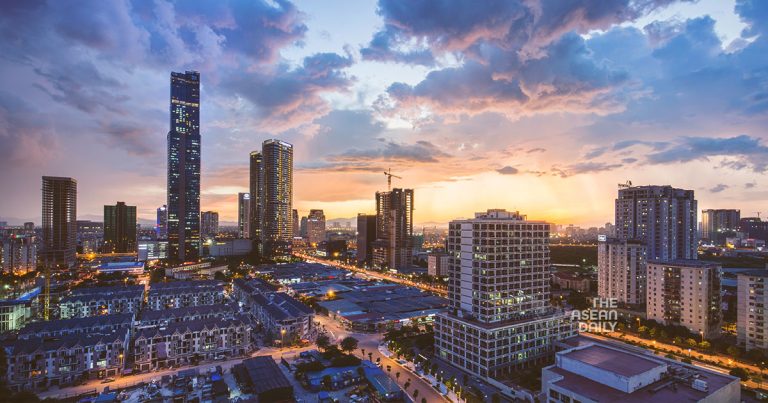7-2-2024 (HANOI) In a bid to foster the development of Ho Chi Minh City’s (HCM City) start-up ecosystem, the government has issued a decree introducing special policy mechanisms for corporate and personal income tax exemption. This move is in response to Resolution 98, which was approved by the National Assembly and focuses on piloting special mechanisms and policies for the advancement of HCM City.
Under the decree, enterprises engaged in innovative start-up activities, science and technology organizations, innovation centers, and intermediary organizations supporting start-ups will be exempt from corporate income tax on income generated from these activities. This exemption will last for a period of five years, encompassing income derived from innovative start-up endeavors.
Furthermore, individuals and organizations that contribute capital to start-ups will also be exempt from personal income tax and corporate income tax on the income generated from these capital contributions.
These tax benefits aim to enhance the appeal of HCM City for foreign investors, recognizing its potential for economic growth and job creation due to its thriving start-up ecosystem. Currently, the city is home to over 2,000 start-ups, constituting approximately 50% of all start-ups in Vietnam.
To qualify for the tax benefits, individuals and start-up businesses must meet specific conditions and obtain certification. These conditions include operating in priority sectors, engaging in innovative activities, and possessing the necessary certification for tax exemption consideration.
In order to ensure the proper implementation of the tax exemption policies, HCM City is in the process of drafting regulations and guidelines to support start-up activities.
Phan Van Mai, Chairman of the municipal People’s Committee, expressed that the tax benefits and the ability to attract top talent will contribute to the growth and development of a thriving start-up ecosystem, further fueling economic growth and job creation.
During a recent meeting, Prime Minister Pham Minh Chinh emphasized the need for stronger implementation of Resolution 98, acknowledging the shortcomings in its previous implementation. The resolution, which came into effect in August of the previous year, encompasses 44 mechanisms and policies addressing various areas such as investment management, finance, budget, urban management, natural resources and the environment, and science and technology management.
The resolution also introduces a transport-oriented urban development model, a financial mechanism to reduce greenhouse gas emissions, and the installation of solar power systems on administrative office and public service unit roofs.
Replacing the previous pilot implementation of particular policies for HCM City’s development issued in 2017, the new resolution grants the city People’s Committee the authority to determine and adjust rates and fees not covered by the Law on Fees and Charges. It also allows for the allocation of an unassigned portion of their budgets to the district People’s Committees within the city.
Additionally, HCM City is now authorized to collect funds from businesses within industrial parks and export processing zones for the maintenance and regeneration of infrastructure in these areas.
The resolution also permits the piloting of financial mechanisms to reduce greenhouse gas emissions through the exchange, clearance, and trading of carbon credits with domestic and international investors.
With its prominent role in the nation’s economic landscape, contributing significantly to the country’s GDP, particularly in the industrial sector, HCM City’s dynamic and pioneering spirit has driven reforms and development. The new resolution aims to restore its leading position after experiencing a decline in recent years, according to experts.




